
Losing a loved one is one of life’s most painful experiences, but when their death is shrouded in mystery, the grief can feel unbearable. Unlike a death with clear circumstances, a long illness, an accident with answers, a mysterious death leaves behind a haunting void. Was it an accident? Foul play? The lack of certainty twists grief into something heavier, more relentless.
This kind of loss is what psychologists call ambiguous loss, a grief without closure, where questions linger like shadows. If you’re reading this, maybe you know that ache. Maybe you’ve lain awake at night turning over fragments of information, wishing for just one clear answer. You’re not alone.
This article isn’t about solving mysteries. It’s about surviving them. We’ll explore the unique pain of unresolved grief, how to cope when answers never come, and ways to honor your loved one even in the unknown.
The Unique Pain of Unresolved Grief
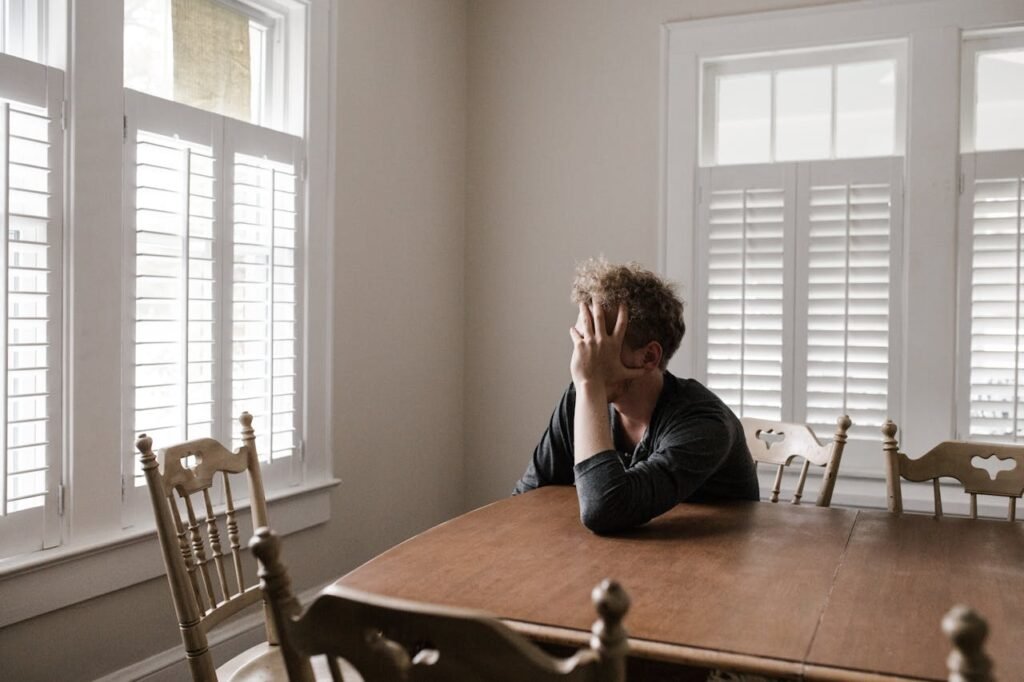
Grief is already a heavy burden, but when mixed with uncertainty, it becomes a relentless storm of emotions. Most grief follows a pattern. Shock, sadness, eventual acceptance, but when death comes without explanation, the process stalls. You’re stuck in a loop of what ifs and if onlys.
Psychologist Pauline Boss, who coined the term ambiguous loss, explains that not knowing is its own kind of trauma. Unlike traditional loss, where rituals like funerals provide structure, unresolved death denies us even that. There’s no neat narrative, just a gaping question mark.
Common Emotional Responses
- Anger – At the universe, at investigators, even at the loved one for leaving without answers.
- Guilt – Wondering if you missed clues, if you could’ve prevented it.
- Hopelessness – The fear that you’ll never know the truth.
- Fixation – Obsessively searching for answers, replaying details.
This isn’t irrational, it’s the mind’s desperate attempt to make sense of chaos. But when answers don’t come, the grief remains frozen, unable to move forward.
The Search for Answers: When Closure Feels Out of Reach

The Role of Investigations and Cold Cases
Human nature drives us to seek explanations, but what happens when those answers never come? Many families spend years pushing for investigations, retracing steps, and pleading for justice. Sometimes, persistence pays off. Other times, cases go cold, leaving loved ones in limbo.
The hard truth? Not every mystery gets solved. Law enforcement resources are limited, evidence degrades, and leads run dry. For some, this reality is crushing. For others, it’s a grim acceptance that they may never know what really happened.
The Dangers of Obsession
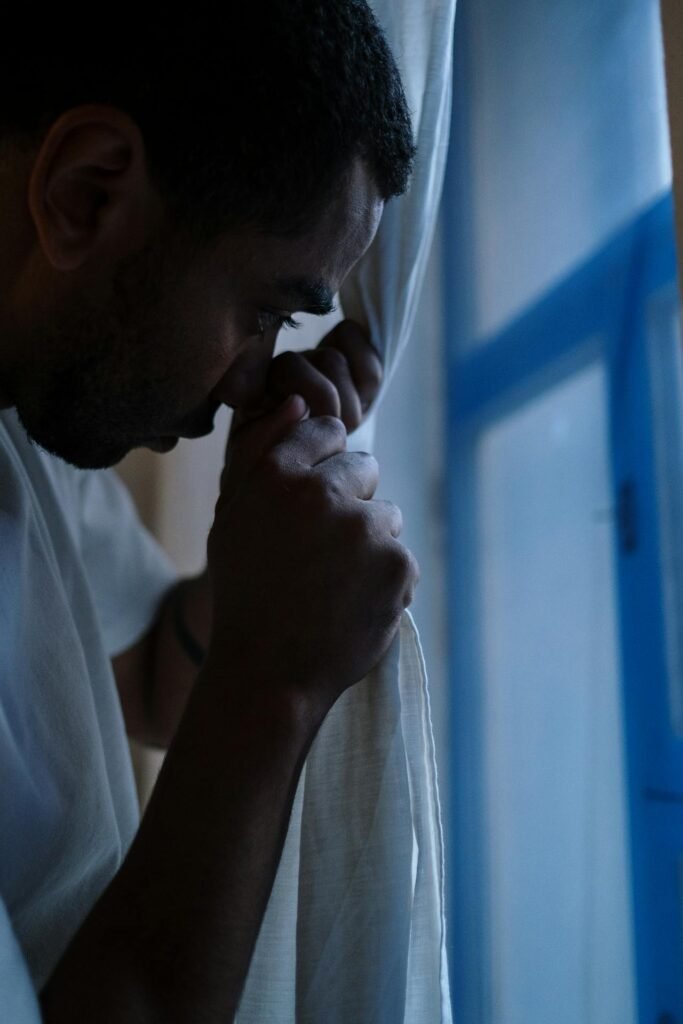
There’s a fine line between seeking truth and being consumed by it. When a loved one’s death is unexplained, the mind can latch onto the mystery like a lifeline, as if solving it will somehow undo the loss. But what begins as a search for answers can spiral into an all-consuming fixation, one that erodes mental health and stalls the natural grieving process.
Psychologists warn that obsessive rumination, the compulsive replaying of scenarios, the endless “what ifs”, keeps grief trapped in a loop. The brain, desperate for resolution, clings to the idea that if it just digs deeper, analyzes every detail, the truth will emerge. But when answers don’t come, the obsession only deepens the wound. Studies on ambiguous loss show that prolonged fixation can lead to:
- Chronic anxiety and hypervigilance – The nervous system stays locked in fight-or-flight, scanning for threats or clues that may never materialize.
- Depression and emotional exhaustion – The relentless mental churn drains energy, leaving little room for healing or joy.
- Strained relationships – When grief becomes all-consuming, loved ones may feel shut out, unable to reach someone lost in their own private investigation.
- A distorted sense of purpose – The search for answers can become an identity, making it harder to redefine life beyond the loss.
The cruel irony? The more we chase closure, the further it slips away. Like running in a dream, no matter how fast you move, the finish line never gets closer.
This doesn’t mean letting go of the need for answers, it means recognizing when the pursuit is doing more harm than good. Setting boundaries with the search (e.g., limiting time spent on case research, avoiding toxic online speculation) isn’t surrender. It’s self-preservation. As grief expert David Kessler writes, “Some questions don’t have answers. And healing begins when we stop demanding that they should.”
The truth is, no amount of obsession will change what happened. But what can change is how you carry the weight of not knowing, and whether you allow it to eclipse the life you still have left to live.
Coping Strategies for Living with Uncertainty

Emotional and Psychological Support
When grief comes with unanswered questions, it can feel like you’re drowning in isolation. But one of the most powerful antidotes to this pain is connection, leaning on others who share your loss. Families who band together through tragedy often find that, while the grief doesn’t disappear, it becomes easier to bear when shouldered as a unit.
The Healing Power of Shared Grief
There’s something profoundly stabilizing about being with people who get it, who don’t need explanations or platitudes because they’re living the same nightmare. When families unite in grief, they create a safe space where emotions can be raw, messy, and unfiltered. This mutual understanding can:
- Reduce feelings of loneliness – Grief is already isolating; mysterious loss magnifies that. But when family members check in, share memories, or simply sit together in silence, the weight feels lighter.
- Strengthen bonds – Facing a tragedy together can deepen relationships in unexpected ways. Siblings who drifted apart may reconnect, or distant relatives may step up in solidarity.
- Encourage collective coping – Some families create rituals, like lighting a candle on anniversaries or compiling a memory book, turning pain into something tangible and shared.
The Danger of Fractured Grief
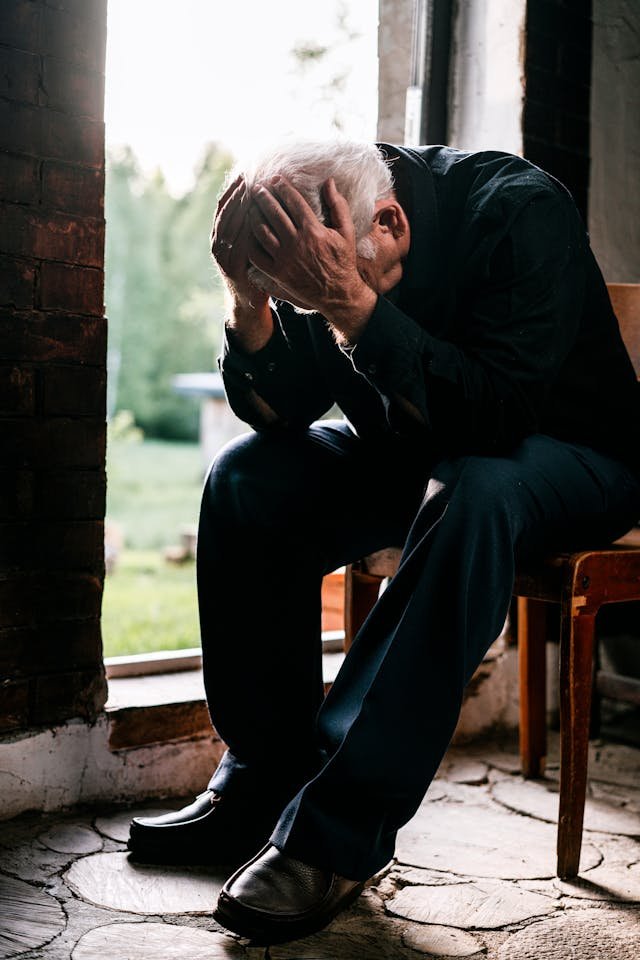
Not all families grieve in sync. Some members may obsess over finding answers, while others avoid talking about it entirely. This disconnect can lead to secondary losses, resentment, misunderstandings, or emotional distance. If one person wants to “move on” while another is stuck in anger, tensions can flare.
To prevent this, families can:
- Communicate openly (but gently) – Instead of shutting down conversations, try: “I know we all process this differently, but it helps me when we talk about them.”
- Respect different coping styles – One sibling may need to visit the grave weekly; another may cope by throwing themselves into work. Neither is wrong.
- Seek family therapy – A grief counselor can help mediate conflicts and guide the family toward healthier communication.
When Support Extends Beyond Blood
Sometimes, biological families aren’t the ones who provide the deepest support. Friends, coworkers, or even online communities of people who’ve experienced similar losses can become lifelines. The key is allowing yourself to be held, whether by family, friends, or professionals.
Grief shared is grief softened. It doesn’t erase the pain, but it makes it survivable.
Redirecting Focus from “Why” to “How Can I Heal?”
At some point, the question “Why did this happen?” may need to shift to “How do I live with not knowing?” This isn’t surrender, it’s survival.
Finding Meaning and Moving Forward
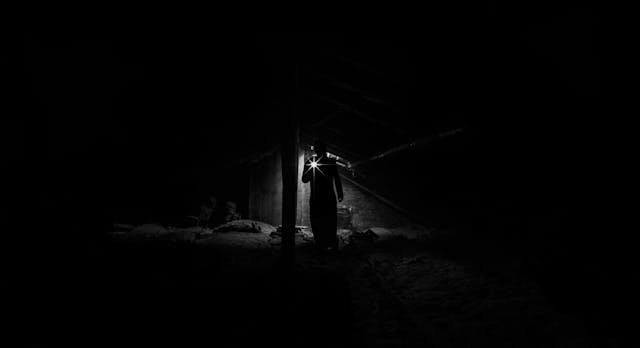
Honoring Their Memory in Meaningful Ways
Even in the absence of answers, it’s possible to find purpose amid pain. Some people turn their grief into advocacy, raising awareness, supporting cold case organizations, or helping others in similar situations. Others keep their loved one’s memory alive through stories, photos, or small daily reminders.
Redefining Closure: When Peace Comes Without Answers
Closure is not a destination, it’s a choice.
We’re taught that grief follows a neat path: shock, sorrow, acceptance, moving on. But when death leaves behind only questions, that script falls apart. There is no tidy resolution, no moment when the pieces click into place. And so we wait, thinking, If I just learn the truth, then I’ll be able to heal.
But what if the truth never comes?
The Myth of “Closure”
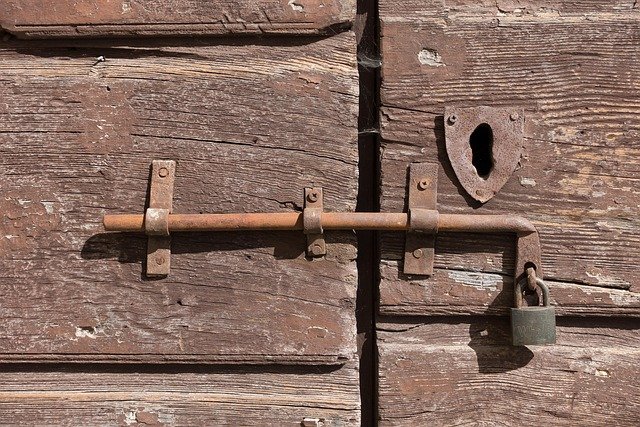
Society sells us the idea that grief requires answers to end. That without them, we’re doomed to circle the pain forever. But this is a lie. Some losses never make sense. Some mysteries never get solved. And yet, people survive them. Not by finding answers, but by rewriting what healing looks like.
Closure isn’t something that happens to you. It’s something you build, brick by brick, moment by moment, out of the materials you have:
- Acceptance of the Unknowable – Not resignation, but a conscious decision to stop fighting a battle with no enemy. To say, “I may never understand why this happened, but I refuse to let that uncertainty poison the love that remains.”
- Carrying Them Differently – Grief doesn’t shrink. You grow around it. Over time, the weight stays the same, but your shoulders strengthen. You learn to hold their memory not as a wound, but as a presence.
- Reclaiming Your Life – There comes a day when you realize you’ve gone hours, then days without mentally replaying the worst moments. This isn’t betrayal. It’s integration. The loss becomes part of you, but not all of you.
The deepest healing begins when we stop asking, “Why did this happen?” and start asking, “What will I do with the life I still have?”
- This isn’t “moving on.” It’s moving forward, taking their love, their imprint on you, into whatever comes next. Some people do this by: Advocating for causes tied to their loss or Simply living more boldly, because they understand now how fragile life is.
Closure isn’t a box you check. It’s a daily practice of choosing to live alongside the absence without letting it erase you.
The questions may linger forever. But so will the love. And that, that is enough to build a life upon.
Living With the Unanswerable

Grief is not a problem to be solved. It is a landscape to be traversed, sometimes with maps, sometimes in darkness. When a loved one’s death comes without answers, you are forced to walk this path without signposts, without milestones, without the comfort of knowing where the road ends. But here is what the darkness cannot take from you: your ability to keep walking.
This is the heart of living with the unanswerable, not the absence of pain, but the presence of perseverance. You may never know why. You may never know how. But you can decide, moment by moment, to honor your loved one by choosing to live fully in spite of the unknown.
A Call to Your Courage
If you are reading this through tears, through rage, through exhaustion, hear this: You do not have to do this alone.
- Reach out – To a grief counselor, a support group, or even one trusted friend who will sit with you in the mess of it all.
- Create your own rituals – Light a candle. Write a letter. Do what helps you feel connected to the love that remains. For me, that means writing letters to Fika. Every time the missing gets too heavy, I take out a notebook and let the words come, raw, messy, full of things left unsaid. Sometimes it’s anger. Sometimes it’s a memory that makes me laugh through tears.
But here’s the miracle: The act of writing them down loosens the grief’s grip. It’s not closure, but it’s contact. A way to keep talking to someone who can’t answer back, but whose presence still feels real.
- Give yourself permission – To have bad days. To laugh again. To be angry. To heal in your own way, on your own time.
The mystery may never be solved. But you are still here, and that means your story isn’t over. Let the love you carry for them become the compass that guides you forward, even when the path is unclear.
Start today. Not by finding answers, but by taking one small step toward a life where grief and hope can coexist. You’ve already survived the unthinkable. Now, survive it with intention, one breath, one moment, one choice at a time.
—Banchu (Nama)